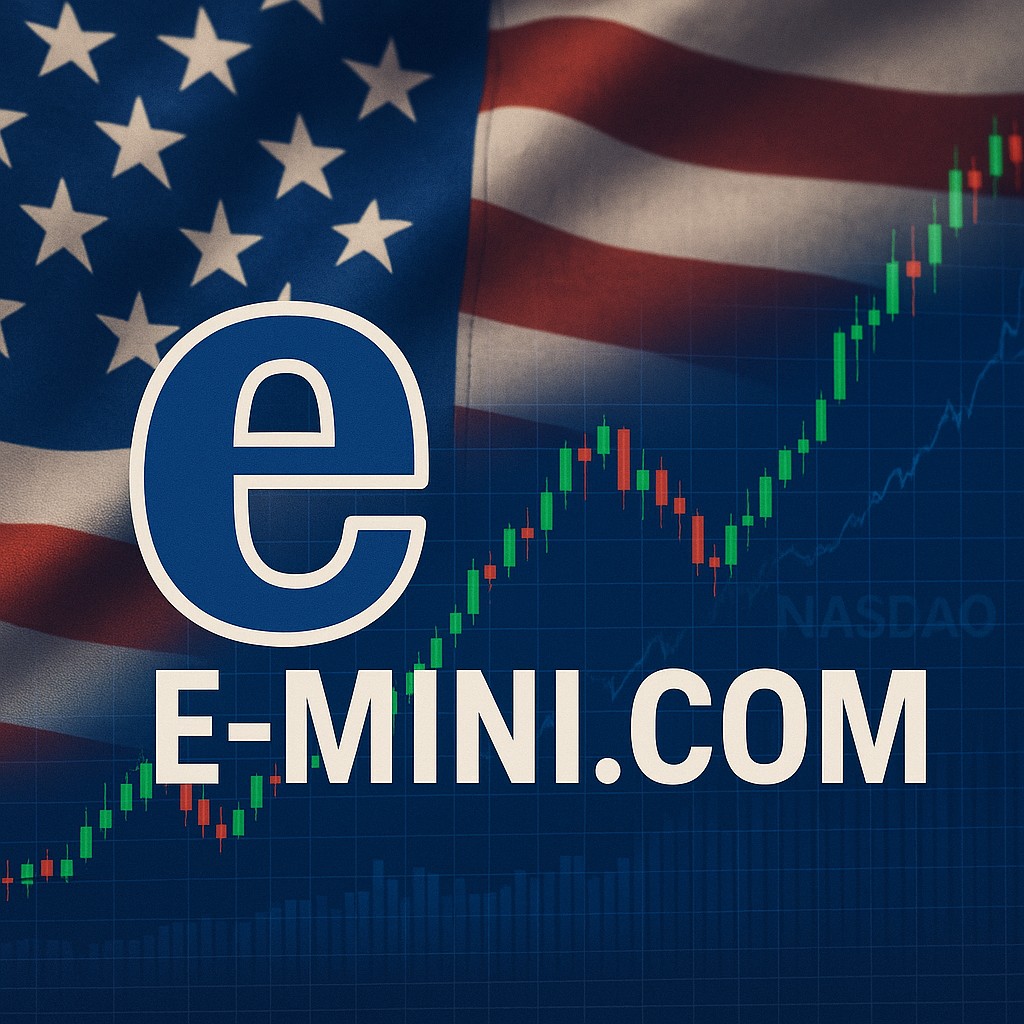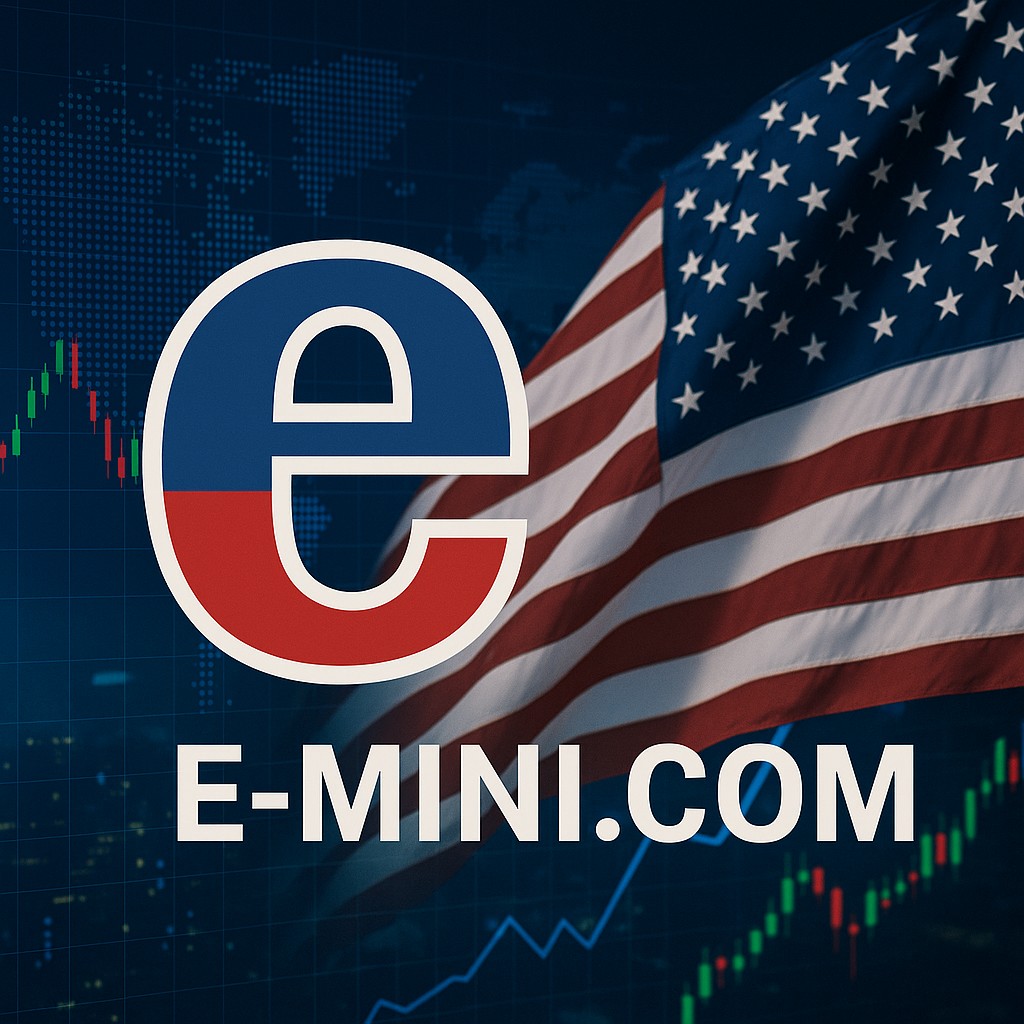Crude oil futures, including West Texas Intermediate (WTI) and Brent oil futures, are among the most actively traded commodities in the global markets. Trading crude oil futures offers numerous advantages, from financial returns to portfolio diversification. Here are the top 10 reasons to consider getting into crude oil futures, especially in the context of the complex geopolitical tensions involving major world powers like the United States, Russia, China, North Korea, and Iran.
1. High Liquidity
Crude oil futures are known for their high liquidity. High liquidity means that these futures contracts are easily bought and sold in the market, which allows traders to enter and exit positions without significant price slippage. This is particularly important for those looking to take advantage of short-term market movements. The liquidity in crude oil markets is driven by the vast number of participants, including speculators, hedgers, and institutional investors, ensuring that there is always a counterparty for your trades.
2. Geopolitical Influence
Geopolitical events significantly impact crude oil prices, creating opportunities for futures traders. Tensions between the United States, Russia, China, North Korea, and Iran have historically led to volatility in oil prices. For instance, sanctions on Iran or conflicts involving oil-producing regions can lead to supply disruptions, causing prices to spike. Traders who can anticipate or react quickly to these geopolitical developments can potentially profit from the resultant price movements in crude oil futures.
3. Hedging Against Inflation
Crude oil futures are an effective tool for hedging against inflation. As oil prices rise, the cost of goods and services that rely on oil also increases, contributing to overall inflation. By holding positions in crude oil futures, investors can offset some of the negative impacts of inflation on their portfolios. This makes crude oil futures an attractive option for those looking to preserve their purchasing power during inflationary periods.
4. Diversification of Investment Portfolio
Including crude oil futures in an investment portfolio can enhance diversification. Crude oil prices often move independently of stock and bond markets, providing a hedge against market downturns. Diversification reduces overall portfolio risk, as losses in one asset class may be offset by gains in another. For investors seeking to spread their risk and reduce volatility, crude oil futures offer an effective means of achieving this goal.
5. Speculative Opportunities
Crude oil futures offer substantial speculative opportunities due to their price volatility. Traders who can accurately predict price movements stand to make significant profits. Volatility in the oil market can be driven by various factors, including changes in supply and demand, geopolitical events, and macroeconomic data. Speculators who thrive in volatile markets often find crude oil futures particularly appealing.
6. Access to Leverage
Futures trading allows for the use of leverage, meaning that traders can control a large position with a relatively small amount of capital. This amplifies potential returns, although it also increases risk. For experienced traders, leverage can be a powerful tool to maximize profits from crude oil price movements. However, it is crucial to manage leverage carefully to avoid significant losses.
7. Transparency and Market Information
The crude oil futures market benefits from a high degree of transparency and the availability of extensive market information. Traders have access to a wealth of data, including production levels, inventory reports, and geopolitical news, which helps inform trading decisions. The transparent nature of the market ensures that prices reflect all available information, allowing traders to make informed decisions based on current market conditions.
8. Participation in Global Energy Markets
Trading crude oil futures provides an opportunity to participate in the global energy markets. Crude oil is a critical component of the global economy, influencing the cost of transportation, manufacturing, and heating. By trading oil futures, investors gain exposure to the broader energy sector and can take advantage of trends and developments within this essential industry. This participation can lead to profits from broader economic trends and energy market dynamics.
9. Brent vs. WTI Futures
There are two main types of crude oil futures contracts: Brent and WTI. Each has unique characteristics and is influenced by different factors. Brent oil futures are based on oil extracted from the North Sea and are considered the global benchmark for oil prices. WTI futures, on the other hand, are based on oil from the United States and are used as a benchmark for U.S. oil prices. The availability of both contracts allows traders to choose which market they want to participate in or to trade spreads between the two, offering additional strategic opportunities.
10. Impact of Geopolitical Tensions
The ongoing geopolitical tensions between the United States, Russia, China, North Korea, and Iran have a profound impact on crude oil prices. These tensions can lead to supply disruptions, sanctions, and changes in global trade patterns. For example, sanctions on Iran’s oil exports have historically led to reduced supply in the global market, driving up prices. Similarly, conflicts involving Russia, a major oil producer, can lead to uncertainty and price volatility. Traders who understand the geopolitical landscape and its potential impact on oil supply and demand can exploit these dynamics to their advantage. Micro Oil Futures are also available to trade at E-Futures.com
Geopolitical Background
United States
The United States plays a pivotal role in the global oil market both as a major producer and consumer of oil. U.S. shale oil production has surged over the past decade, positioning the country as one of the world’s leading oil producers. However, U.S. foreign policy, particularly regarding sanctions and military involvement in oil-rich regions, significantly influences global oil prices. For instance, sanctions on Iran and Venezuela have led to supply constraints, impacting global oil prices.
Russia
Russia is one of the largest oil producers globally and a key player in the global energy market. The country’s oil exports are crucial to its economy, making it a significant player in OPEC+ agreements aimed at managing global oil supply. Geopolitical tensions involving Russia, such as conflicts with Ukraine or diplomatic disputes with Western nations, can lead to supply uncertainties and price volatility in the oil market.
China
China is the world’s largest importer of crude oil, making its demand dynamics crucial to global oil prices. The country’s strategic petroleum reserve and its efforts to secure energy supplies through long-term contracts and investments in oil-producing regions underscore its influence on the market. Geopolitical tensions between China and other major powers, such as trade disputes with the United States or regional conflicts in the South China Sea, can impact China’s oil import patterns and global oil prices.
North Korea and Iran
Both North Korea and Iran are significant geopolitical players with implications for the global oil market. North Korea’s nuclear ambitions and the potential for conflict in the Korean Peninsula can lead to regional instability, affecting global oil prices indirectly. Iran, a major oil producer, has faced extensive international sanctions that have limited its oil exports. The ongoing tension between Iran and Western nations, particularly the United States, creates uncertainty in the global oil market, influencing prices and supply dynamics.
Crude oil futures offer a compelling opportunity for traders and investors due to their high liquidity, speculative opportunities, and potential for diversification. The impact of geopolitical events, especially involving major powers like the United States, Russia, China, North Korea, and Iran, adds an additional layer of complexity and opportunity in the oil futures market. By understanding these dynamics and leveraging the unique characteristics of crude oil futures, investors can navigate the volatile yet potentially rewarding landscape of oil trading.
Ready to start trading futures? Call US 1(800)454-9572 – Int’l (310)859-9572 email info@cannontrading.com and speak to one of our experienced, Series-3 licensed futures brokers and start your futures trading journey with E-Mini.com today.
Disclaimer – Trading Futures, Options on Futures, and retail off-exchange foreign currency transactions involves substantial risk of loss and is not suitable for all investors. Past performance is not indicative of future results. You should carefully consider whether trading is suitable for you in light of your circumstances, knowledge, and financial resources. You may lose all or more of your initial investment. Opinions, market data, and recommendations are subject to change at any time.
Important: Trading commodity futures and options involves a substantial risk of loss. The recommendations contained in this writing are of opinion only and do not guarantee any profits. This writing is for educational purposes. Past performances are not necessarily indicative of future results.
**This article has been generated with the help of AI Technology. It has been modified from the original draft for accuracy and compliance.
***@cannontrading on all socials





